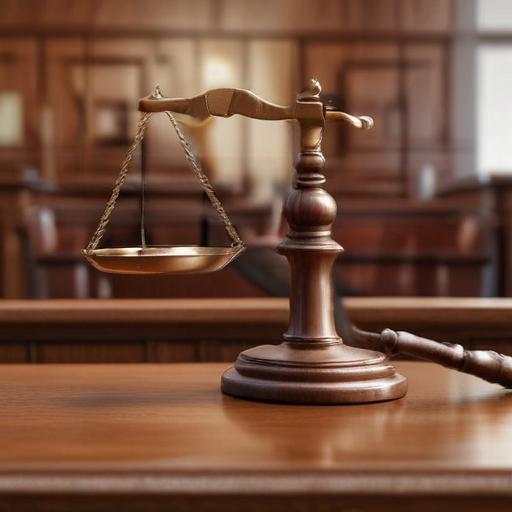BOWLING GREEN, Ky. – Steven Lawson’s trial for conspiracy to commit murder and tampering with evidence regarding the disappearance of Crystal Rogers has reached a critical juncture. On the fourth day of proceedings, Lawson took the stand to present his defense after the prosecution rested its case, which included recorded jail phone calls that challenged his credibility.
During pivotal closing arguments, the jury was tasked with determining whether Lawson was complicit in a murder plan or merely guilty of the lesser charge of evidence tampering. While the defense conceded that Lawson had tampered with evidence, they asserted that there was insufficient proof to conclude that he had conspired to murder Rogers. They urged the jury not to convict based on emotion, especially as the investigation into Rogers’ disappearance remains ongoing.
The defense highlighted alleged inconsistencies in the Commonwealth’s claims, suggesting that the prosecution had failed to adequately meet the burden of proof required for a murder charge. Meanwhile, the Commonwealth argued that Lawson knowingly participated in a plot, citing his changing stories and interactions with Brooks Houck, who allegedly wanted Rogers gone. They claimed Lawson’s actions facilitated the murder plan.
As the trial unfolded, the emotional impact was clear, especially for the Ballard family, who were visibly affected by the proceedings. With the jury retiring to deliberations, it is a waiting game for both the defense and the prosecution, and a community that remains deeply invested in the outcome.
The option of a lesser charge of facilitation to commit murder is on the table, potentially allowing the jury to consider a different set of consequences for Lawson’s actions. The final jury consisted of a diverse mix, which can often influence deliberations.
In a trial that has drawn significant public attention, the outcome will ripple through the community grappling with the unresolved case of Crystal Rogers, whose disappearance still weighs heavily on the minds of those searching for answers.
This trial not only sheds light on the complexities of legal proceedings but also emphasizes the importance of thorough policy investigations, especially in cases involving sensitive subjects like disappearances and potential homicides. Community input remains a vital factor as hope lingers for clarity and justice in the ongoing case of Rogers.
